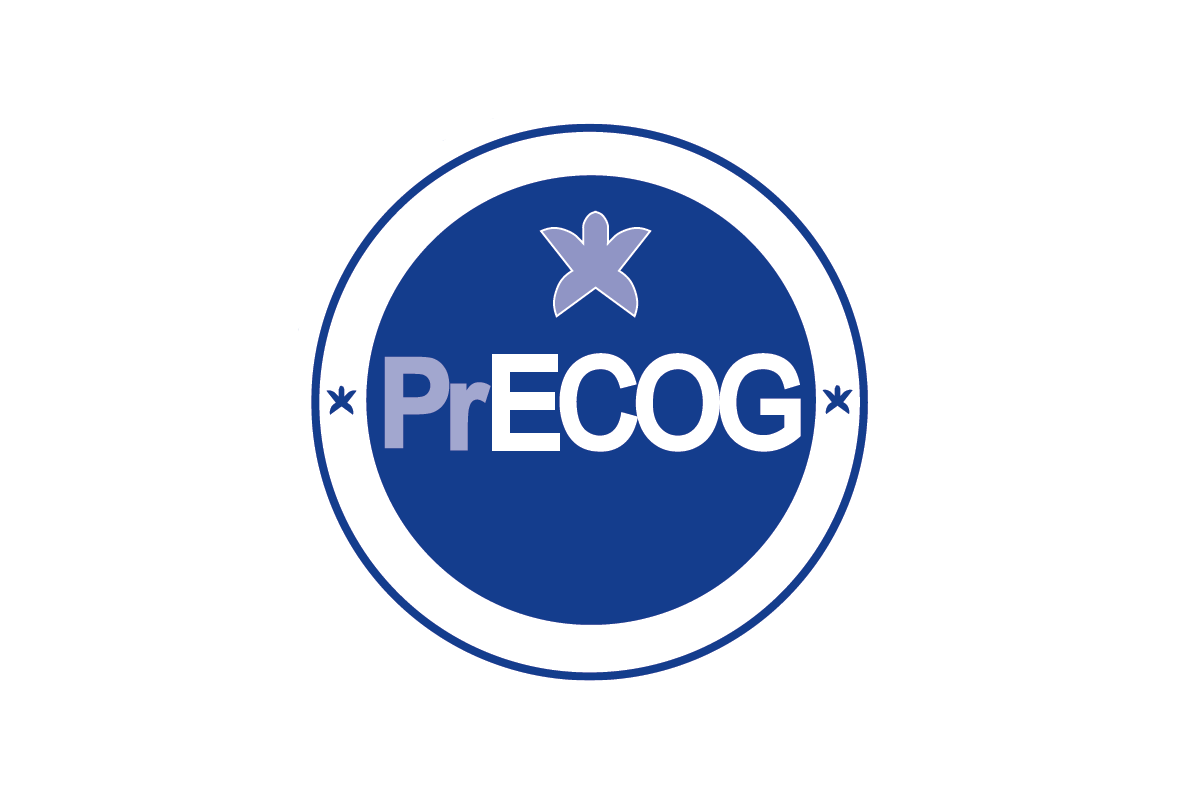
Trial Results: ECOG-ACRIN Research Round-Up
September 17, 2024
Now Enrolling: PrE1702 Real-World Data Study for Patients with EGFR-Mutated Non-Small Cell Lung Cancer Not Enrolled in Clinical Trials
September 17, 2024Trial Spotlight: Nagi Kumar on the EA8184 Study for Men with Low-Grade Prostate Cancer on Active Surveillance

A Phase II Randomized Double Blinded Study of Green Tea Catechins (GTC) vs. Placebo in Men on Active Surveillance for Prostate Cancer: Modulation of Biological and Clinical Intermediate Biomarkers

By Nagi B. Kumar, PhD, RD
Prostate cancer is the most common cancer among men in the United States and the second leading cause of cancer-related deaths in the US. Metastatic castration-resistant prostate cancer remains a deadly disease. On the other hand, between 2016 and 2020, about 70% of prostate cancer cases were diagnosed at a localized stage or with low-grade cancers. For patients with low-grade disease, active surveillance is currently the recommended management strategy to avoid overtreatment. Overtreating low-grade prostate cancer increases the risk of treatment-related side effects while offering little to no cancer survival benefit.
Several epidemiological, in vitro, preclinical, and early phase trials completed by our team and others have shown that the standard green tea catechin (GTC) formulations: (a) accumulate in plasma and tissue; (b) reduce serum prostate-specific antigen (PSA) and cumulative rate of progression of prostate cancer; (c) inhibit prostate carcinogenesis through multiple mechanisms; and (d) lack toxicities at these doses. These data are promising and establish the evidence needed for further evaluation of GTC in men with low-grade prostate cancer on active surveillance.
For this study, patients are randomized equally to receive either the study drug (Sunphenon® 90D, a standardized decaffeinated oral GTC formulation) or a placebo pill for 6 months.* EA8184 hypothesizes that patients who receive the study treatment of GTCs for 6 months will have a significant decrease in biological and clinical biomarkers of prostate cancer progression.
The primary endpoint for the study is the prevention of disease progression, measured by comparing the percent of change in Ki-67 expression at the screening and end-of study time points. Patient-reported outcomes for urinary tract symptoms and quality of life are being evaluated at baseline, 3 months, and 6 months to examine the effect of GTC on these symptoms.
The study is enrolling 165 men, 21 years of age or older, with biopsy-proven low-grade adenocarcinoma of the prostate as indicated by Gleason Score (3+3 or 3+4). Patients must be on active surveillance, and they must not have received any other treatment for prostate cancer. Eligible patients must not have distant metastases or received any prior treatment for any other cancer in the last two years. They must also be willing to abstain from other supplements containing green tea products and avoid consumption of some teas, foods, and supplements during the study. (Please refer to the protocol for complete eligibility criteria details.)
In June 2024, EA8184’s Addendum #6 (v.04/16/24) was released. Highlights from this addendum include: expansion of the eligibility criteria to allow patients with a history of renal or hepatic disease; clarification that the study plan is for 6 continuous months; and a new biopsy form (Appendix I). Study resources have been updated to reflect Addendum #6’s changes and are available for download at CTSU.org.
The consent form is available in Spanish. The EA8184 study team is also working to translate additional patient-facing materials to facilitate broader participation by Spanish-speaking men.
Learn more about the EA8184 trial at ecog-acrin.org. For questions about this trial, please contact the study team at EA8184team@ecog-acrin.org.
* Placebos are never used in place of treatment for patients with cancer. However, in this group of patients, the standard care is active surveillance (no treatment). The double-blind trial design uses placebo pills in the control arm; neither the participants nor their physicians will know whether they receive the GTC or placebo pills. This type of trial design helps safeguard against research bias.
Dr. Kumar (Moffitt Cancer Center) is the study chair for this trial.
The study co-chairs are Raymond Bergan, MD (University of Nebraska/Fred & Pamela Buffett Cancer Center) and Julio Pow-Sang, MD (Moffitt Cancer Center).
The NCTN group study champions are Michael J. Morris, MD (Memorial Sloan Kettering Cancer Center) for Alliance and Ryan Kopp, MD (Oregon Health & Science University) and Ian Thompson, MD (CHRISTUS Santa Rosa Medical Center) for SWOG.
![ECOG-ACRIN logo[19516]275×75](https://blog-ecog-acrin.org/wp-content/uploads/2021/03/ECOG-ACRIN-logo19516275x75.png)

2 Comments
What was the outcome of the study everywhere I look for this particular study. There’s no feedback on the outcome?
Hi Patrick,
This study is still ongoing, so the results are not yet available. Thanks for your interest.
ECOG-ACRIN Staff